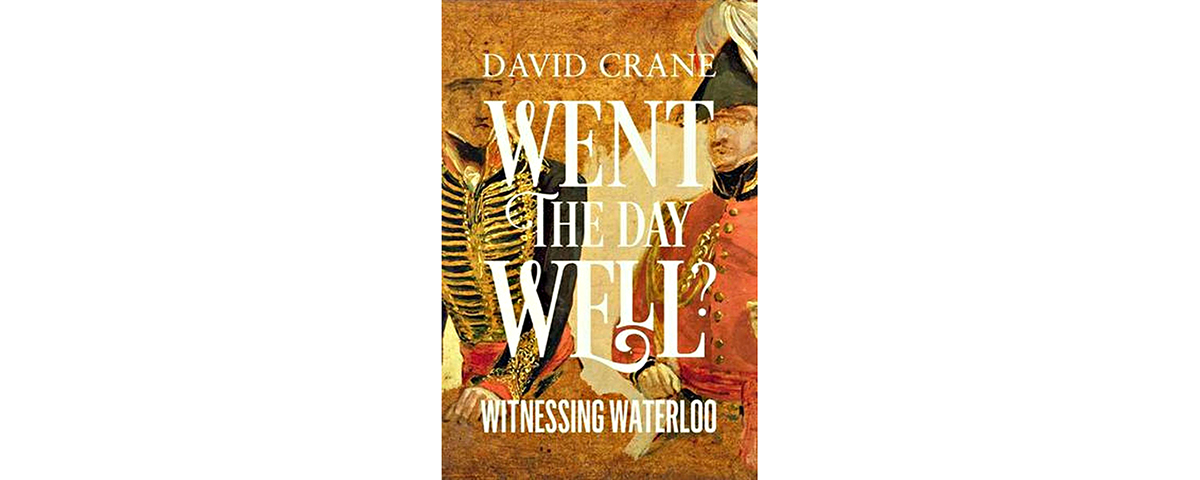Went the Day Well? Witnessing Waterloo, by David Crane, Vintage Books, New York, 2016, $18
Among many books commemorating the bicentennial of Waterloo, arguably the greatest battle of the 19th century, the most detailed academic work is Gordon Corrigan’s Waterloo: A New History, the best popular account is Bernard Cornwell’s Waterloo: The History of Four Days, Three Battles and Three Armies and the most critically provocative examination is this book by Crane, an Oxford-educated lecturer.
Its title derives from a series of epitaphs to the fallen by English classicist John Maxwell Edmonds:
Went the day well?
We died and never knew,
But, well or ill,
Freedom, we died for you.
Crane’s book is not so much a social history as a panorama, with a split focus between military events in Belgium and life on the home front in Britain. His narrative is a sometimes rambling, occasionally eloquent, progressive critique. Crane scoured contemporary newspapers, diaries and letters to demonstrate how people go on with their lives even against the backdrop of such momentous events as Waterloo.
The author argues that for a century afterward Britain basked in the afterglow of a victory won through the sacrifice of all classes but whose fruits were only enjoyed by elites. He laments that while war brings change, the aftereffect of Waterloo was merely a return to the status quo in Britain and Europe at large.
Crane profiles the noteworthy figures of the era, including Wellington, whom the author considers the state’s “greatest and most blinkered servant”; Prussian Marshal Gebhard von Blucher, whose timely arrival at Waterloo saved the day; surviving soldiers William Wheeler and Edmund Wheatley; Magdalene Hall De Lancey, who nursed her dying husband near the battlefield; poet Lord Byron; reformer William Wilberforce; headline-grabbing attempted murderess Eliza Fenning; and Scottish painter David Wilkie, who enshrined the battle with The Chelsea Pensioners Reading the Waterloo Dispatch.
In the end Clark’s overview proves a useful, if not entirely convincing, corrective to the typical wave-the-flag battle narratives.
—William John Shepherd





